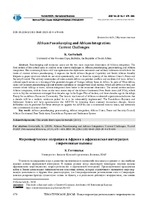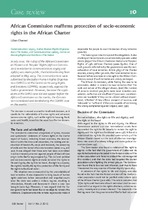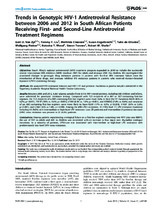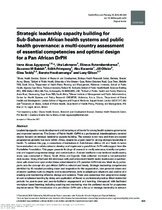African peacekeeping and African integration: Current challenges
| dc.contributor.author | Gottschalk, Keith | |
| dc.date.accessioned | 2022-02-21T08:23:53Z | |
| dc.date.available | 2022-02-21T08:23:53Z | |
| dc.date.issued | 2020 | |
| dc.identifier.citation | Gottschalk, K. (2020). African peacekeeping and African integration: Current challenges. Vestnik RUDN. International Relations, 20 (4), 678-686. 10.22363/2313-0660-2020-20-4-678-686 | en_US |
| dc.identifier.issn | 2198-7270 | |
| dc.identifier.uri | https://doi.org/10.22363/2313-0660-2020-20-4-678-686 | |
| dc.identifier.uri | http://hdl.handle.net/10566/7283 | |
| dc.description.abstract | Peacekeeping and economic union are the two most important dimensions of African integration. The first section of this article aims to analyse some current challenges to African peacekeeping, peacemaking, and African integration. The continuing Libyan civil war epitomizes the diplomatic stalemates and military stalemates which form the limits of current African peacekeeping. It exposes the North African Regional Capability and North African Standby Brigade as paper structures which do not exist operationally, and so limit the capacity of the African Union’s Peace and Security Council. The military intervention of states outside Africa can polarize conflicts and escalate civil wars. Africa’s colonial epoch serves as a warning of the potential dangers of foreign military bases in Africa. In parts of West Africa, states sub-contract peacemaking and anti-terrorist operations to unsupervised local militias, which are lawless at best, and commit ethnic killings at worst. African integration fares better in the economic dimension. | en_US |
| dc.language.iso | en | en_US |
| dc.publisher | RUDN University | en_US |
| dc.subject | African peacekeeping | en_US |
| dc.subject | African integration | en_US |
| dc.subject | African Union | en_US |
| dc.subject | Peace and security council | en_US |
| dc.subject | African Continental Free Trade Area | en_US |
| dc.title | African peacekeeping and African integration: Current challenges | en_US |
| dc.type | Article | en_US |




